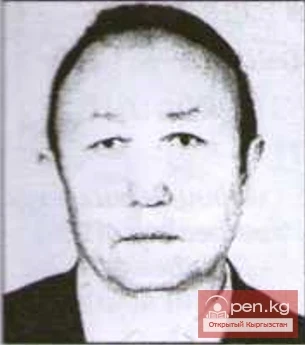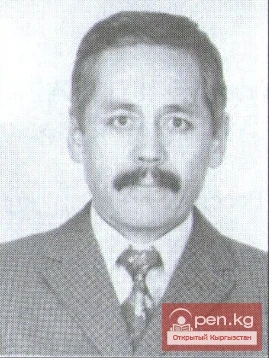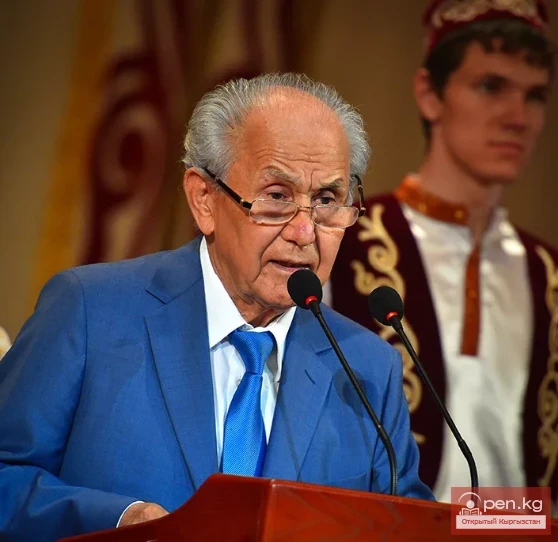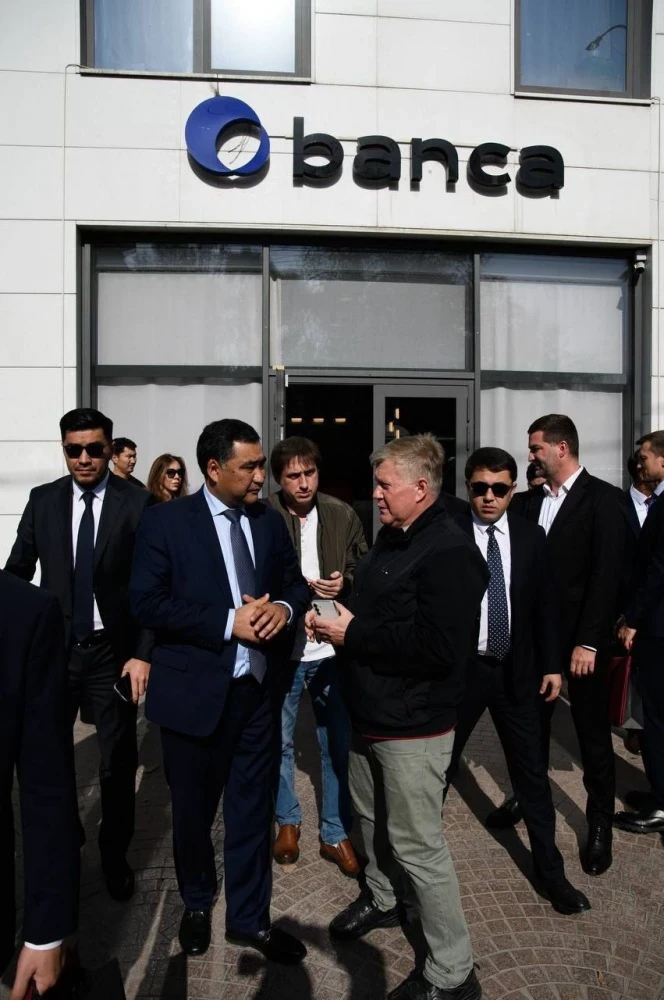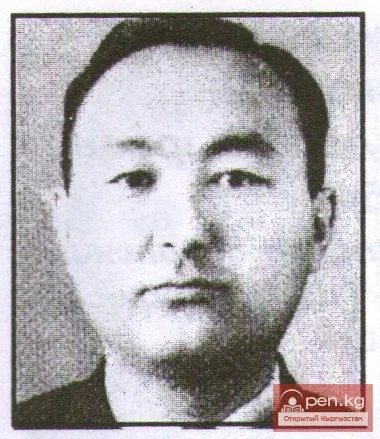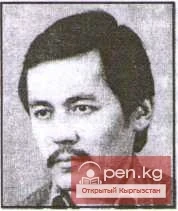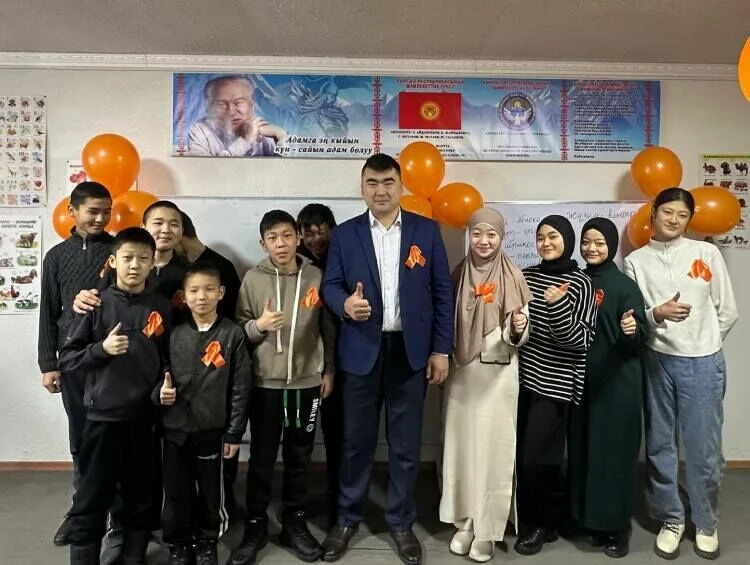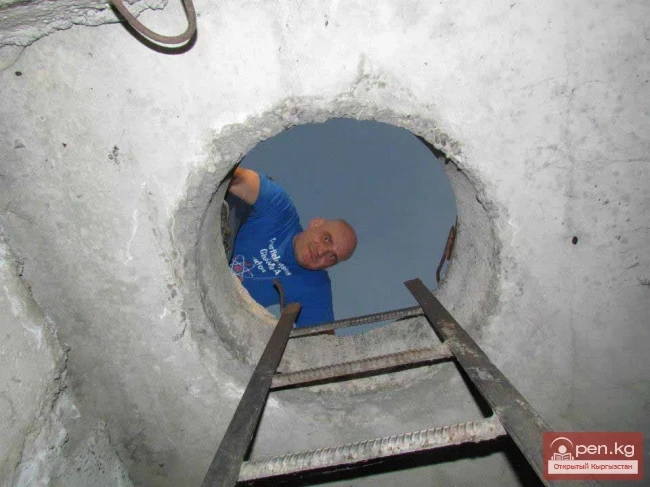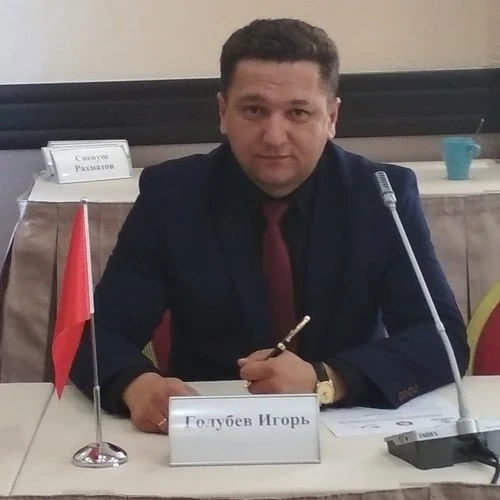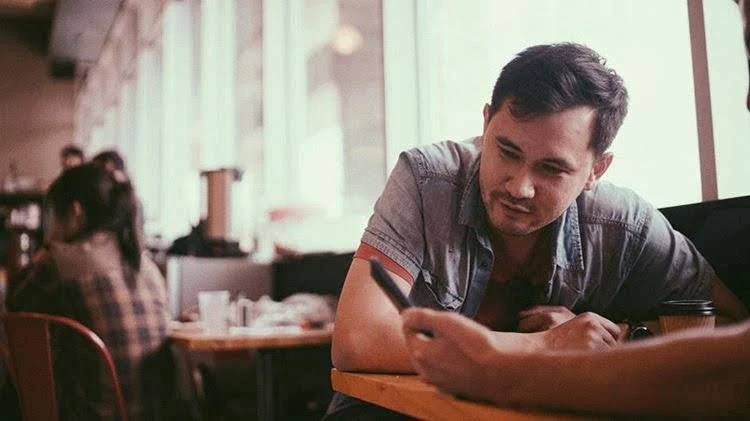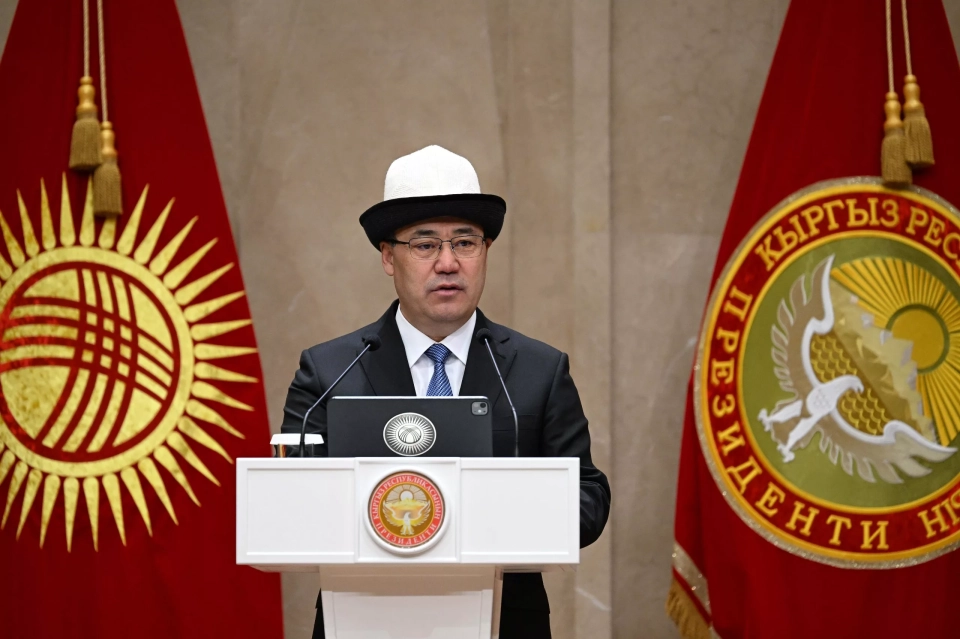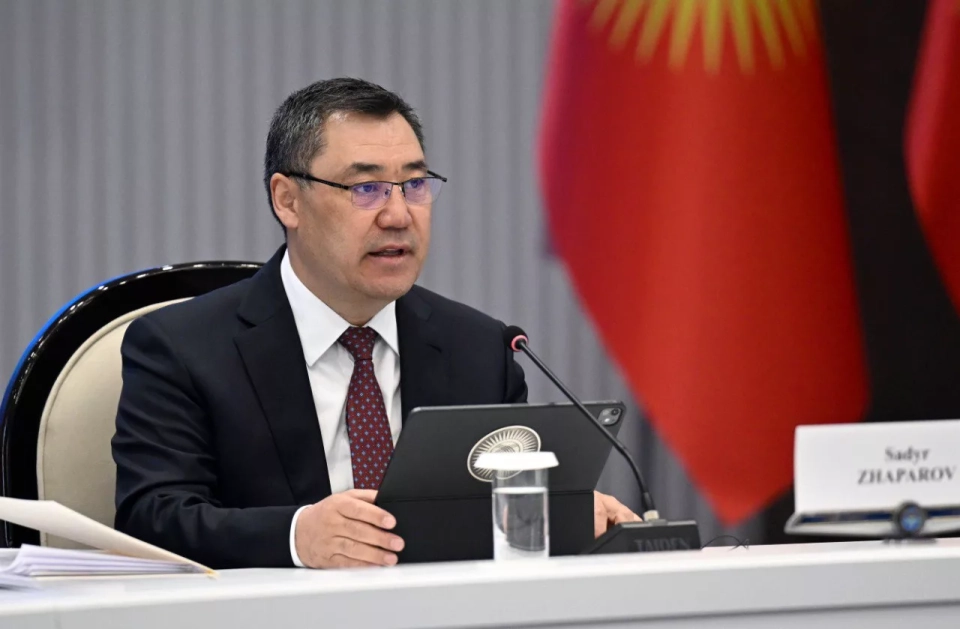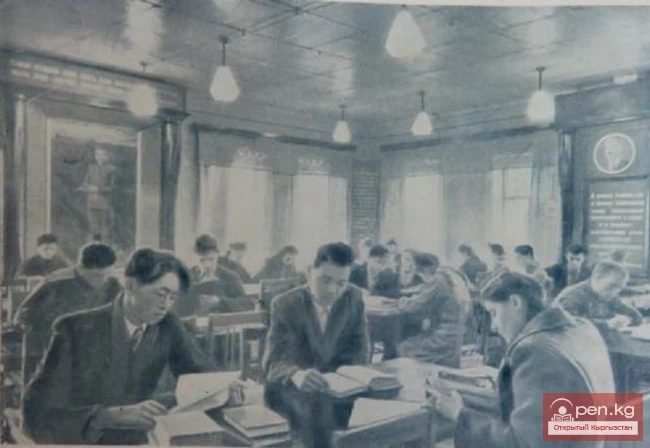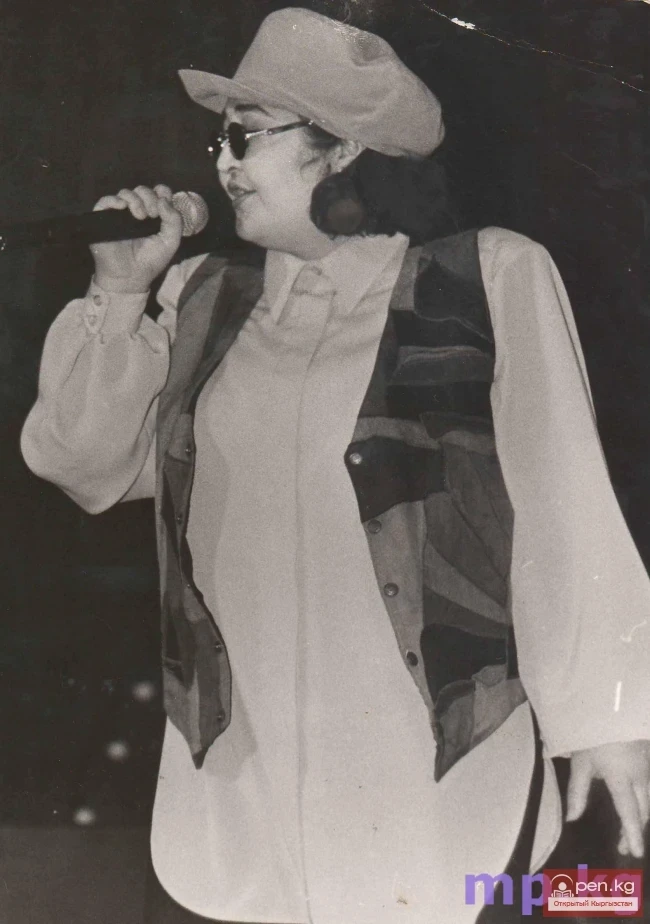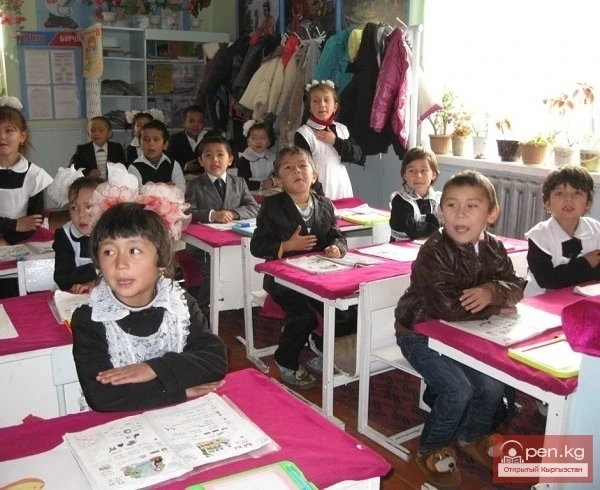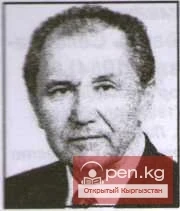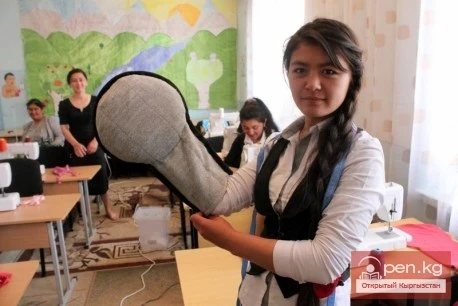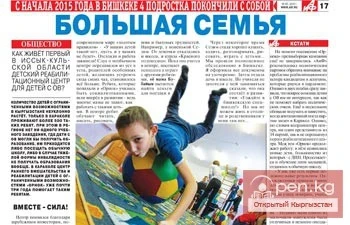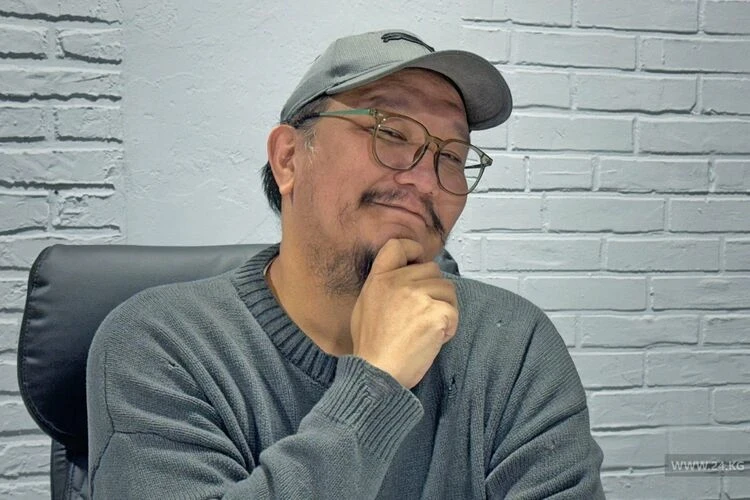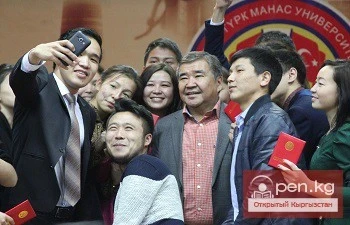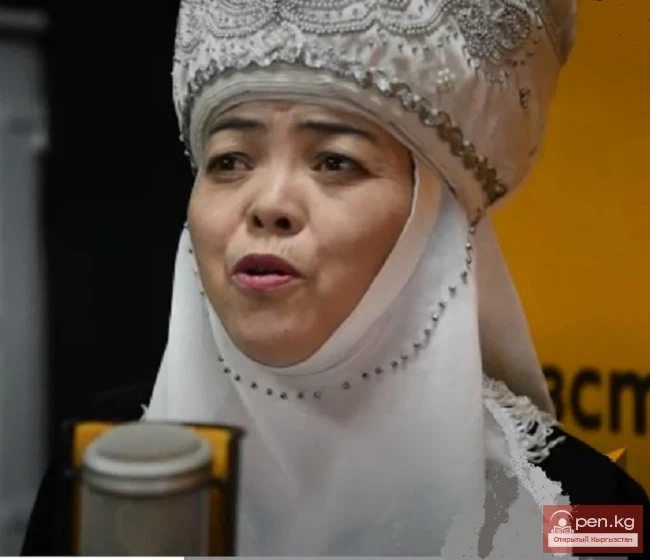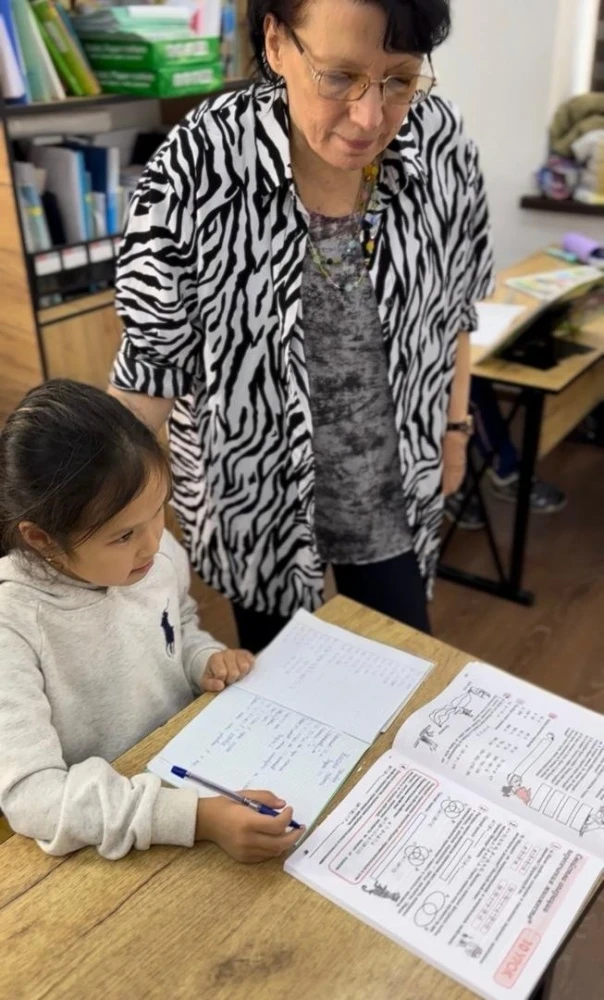
"We started with a library and tutoring"
- Alibek Nazarkulovich, how did it all begin?
- It all started simply: my wife and I were involved in tutoring and organized a club that we called "homework." Over time, the number of children grew, and we opened 13 branches. We did not have our own building, so we often rented spaces. Empty libraries became our salvation, and we offered to use their facilities.
We did not just occupy the halls; we revitalized them, purchased books, improved the internet, and sometimes repaired furniture. The libraries were once again filled with children's laughter, and it was a fair exchange: they helped us, and we helped them. Gradually, a team of like-minded individuals formed, who believed in education as an active process, not just a program to be completed.
"A child should learn to think"
- When did you realize that you wanted to open a school?
- When my eldest son became a first-grader. We visited many of the best schools in the city and noticed that something was missing everywhere. Educational systems often relied on obedience: "do as you are told."
I did not want my children to be mere executors. In the future, thinking and flexibility are valued. I wanted my sons to learn to set goals and take responsibility. Since we did not find a school that aligned with our principles, we decided to create our own.
"We started during the pandemic, without a license, but with faith"
- How did the story of "Newton" as a school begin?
- It began in 2020, during the pandemic and uncertainty. We did not have a license, but we had a huge desire and loans. We sold everything we could and mortgaged our assets. I remember standing in the middle of an empty building without windows and doors, while children were already enrolling. We simply believed that everything would work out. And it did. Our reputation played an important role: students from our club successfully passed exams and entered universities. Parents understood that if we took on a task, we would see it through to the end, and this trust became our most valuable asset.
"The best of three systems"
- What principles did your educational system build upon?
- I combined the best of three approaches: the Soviet school, a business approach, and a personal philosophy of freedom. The Soviet system provided structure and discipline. Business taught me to set clear goals, measure results, and strive for efficiency. And freedom is what makes a person unique.
By merging these three aspects, we achieved a dynamic education where the student is disciplined but not constrained; strives for results but is not afraid of mistakes; knows the system but can go beyond its limits.
"We teach children to speak and think without fear"
- How is this implemented in practice?
- In our school, education is organized from grades 1 to 9. We offer an advanced program: we start geometry in the fifth grade, and physics earlier than in public schools. English is taught by a native speaker, which helps children not to be afraid to speak. Mistakes are seen as part of the learning process. We teach children to explain their thoughts without waiting for corrections. This removes the language barrier.
As for mathematics and physics, we work through numerous problems to develop speed, attention, and thinking. Parents are often surprised by the volume of homework, but I explain that this is not an overload, but the development of "mental muscles." It is important to eliminate distractions and give the child the opportunity to focus.
"A mistake is not a defeat, but part of the process"
- How do you address parents' fears regarding their children's mistakes?
- We explain that a mistake is experience; it is normal. The main thing is not to stop. Making mistakes is not a sign of weakness, but a step to the next level.
When parents stop judging mistakes, the child begins to learn faster. The fear disappears, interest arises, and real learning begins.
"Music and rhythm develop intelligence"
- Why do you pay attention to music and rhythm?
- Rhythm is life. We noticed that many children find it difficult to get into a common tempo. Music and rhythm help develop synchrony, attentiveness, and self-control. These are not just songs — they are training for the brain.
Research shows that people engaged in music have intelligence and memory that remain high for longer. We see this in practice: even children with difficulties in mathematics improve their perception through rhythm, as they begin to feel structure and sequence.
"We teach problem-solving based on TRIZ principles"
- How do you implement TRIZ in your school?
- TRIZ is a wonderful methodology from the Soviet engineering school that teaches how to find unconventional solutions. For example, when Reebok faced the problem of shoe theft at factories, instead of fines and cameras, a simple solution was proposed: produce left shoes at one factory and right shoes at another. We teach children to think, to look for contradictions, and to ask "why" and "what if" questions. This forms engineering thinking. If there are people in Kyrgyzstan who can solve problems, we will have technology and production. Money does not appear from nowhere — it arises when intelligence and labor are added to raw materials.
"A teacher is a second mother"
- How do you select teachers?
- Very carefully. A teacher is the heart of the school. We look for not only diplomas but also energy. A teacher must love children and believe in them. Our teachers start the day with the words: "Hello, my future ministers, scientists, deputies!" This is not a joke, but an attitude.
We have a strong team, and we conduct internal training to discuss how to explain complex topics more easily. We have our own "staff training center," where we take teachers from our "homework" club to practice and see who is truly passionate about their work.
"Quality of extracurricular activities is more important than quantity"
- What extracurricular activities do you offer?
- We do not strive for quantity. We have art, project work, and music. If a child shows talent in sports or art, we ask parents to find the best coach in the city. We do not pretend that we can cover everything; we focus on quality education.
"Plans for the future — opening a business college"
- What are your future plans?
- We have already reached the ninth-grade level. The next step will be opening a business college. We notice that many children in the ninth grade are ready to take conscious steps. I want them to study financial literacy, management, and design.
Business is not just about money; it is about thinking. A child who understands how business works becomes independent. They can provide for themselves and their family. This is the true goal of education — not just knowledge, but the ability to apply it in life.
"We returned from Turkey and realized that our level is higher"
- How did your stay in Turkey affect your perception of education?
- We spent a year in Istanbul. Our children did not know Turkish, but quickly became the best in their class, which says a lot. We realized that our program is stronger, our approach is deeper. Turkey gave us experience, but returning home was a conscious choice, as here we can achieve more.
"The main thing is not to be afraid to start"
- What is most important to you on this journey?
- Not to be afraid. Any significant endeavor begins with chaos and faith. The main thing is not to stop and not to look for easy paths. We are building not just a school, but a community of people who believe in the power of education. When I see a child achieving success for the first time, starting to speak, argue, and create, I understand that all of this is not in vain. We do not just teach; we inspire.
